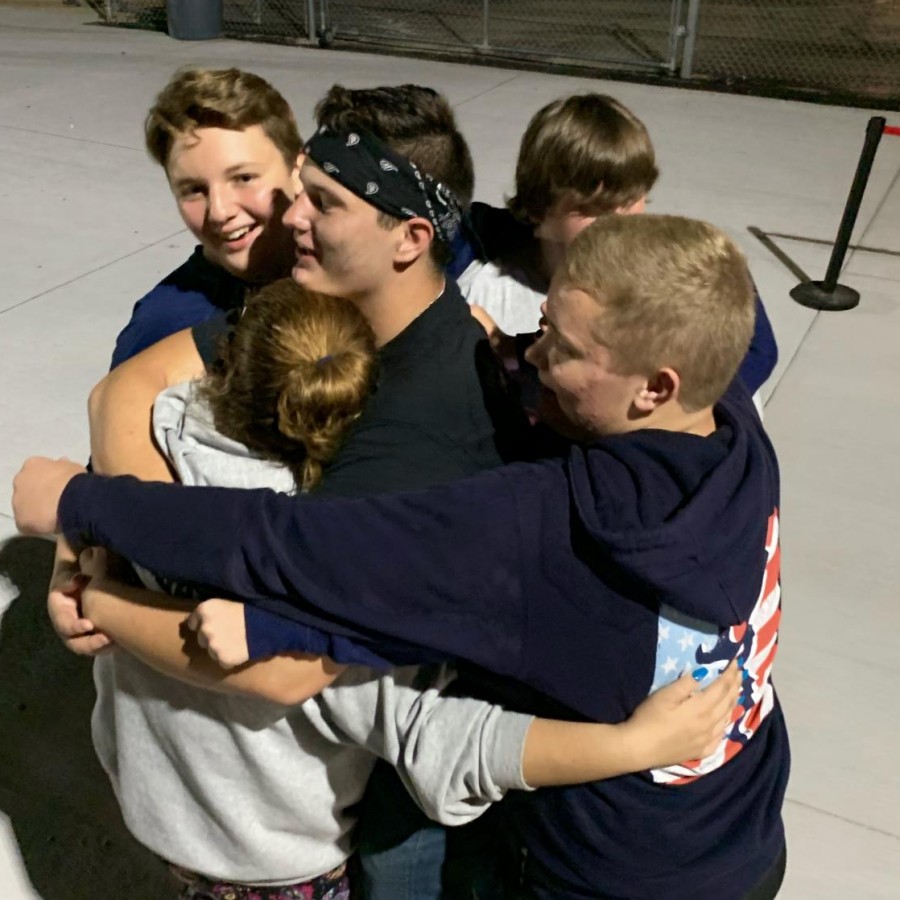Much of today’s violence is a direct effect of toxic masculinity. Yet, as a community, we rarely examine the deeper root of the issue: inner-loneliness and fear of being an outcast.
When toxic masculinity is brought up, it is often a conversation about how guys become violent, with statistics upon statistics of crimes committed by males. But is the community setting men up for failure?
Many times when boys are younger, they are told to “be a man” and “suck it up.” As they get older, they are told to “grow a pair,” as well as other negative phrases from influential male figures like a father or coach. This can lead to boys striving for ultimate masculinity to appease those relationships.
Of course, not all guys feel this way. But it is a prominent issue that the community needs to care more about.
While it may not seem like a significant issue at PV, there are many boys who show the same destructive patterns that can ultimately harm them in the future. This can be seen in the way that male students often do not open up to others in the way their female peers do. The internal resistance men have is usually a way to avoid being perceived as weak. This can lead to boys feeling as if they cannot talk to their friends about personal troubles.
Senior Sid Sharma, who is involved in wrestling, Spartan Assembly, National Honors Society and a new group called A Positive Place, expressed the issues that come with being a male teen at PV. “In my personal life I’ve struggled to express my feelings because I’m expected to get over it or man up,” he said.
PV has a serious body shaming and body critique culture, not only in women, but in men, too. Often, boys label their male friends as being chubby, skinny or hot. This constant criticism can contribute to smaller or larger males feeling less than.
Not only is this culture promoted by friends, but also by coaches. They will often point out a boy who has had a change in his appearance. This boosts the egos of the men who are labeled as “fit,” “attractive” or “hot” and damages the egos of those called less flattering terms.
Boys do not want to be perceived as soft or feminine, because they were taught at a young age not to be. So when they enter high school, they keep most of their feelings in and do not talk to friends or family about what they are going through–things society has deemed “feminine.” The built up anger towards their environment is what can lead young males to commit violent crimes by the age of 25.
Caroline Heldman, a Critical Theory and Social Justice professor at Occidental College, stated: “Masculinity isn’t organic, it’s reactive.” This means that boys are not innately violent, but rather their aggressive tendencies are products of their environment.
Iowa has a higher rate of suicide in males between the ages of 15 and 24 than the national average, with 16.2 deaths per 100,000 . In fact, males account for 79% of all suicides in the U.S. These men, who are young with full lives ahead of them, are the direct outcome of the empathy-lacking, “be a man” culture promoted to men since youth.
In order to counter this growing epidemic, parents need to encourage their sons to be open and emotional from a young age. PV boys need to know their parents, friends, and community are here for them. As a society, it’s important to break down the stigma surrounding males and their emotions in order to create a better place.









